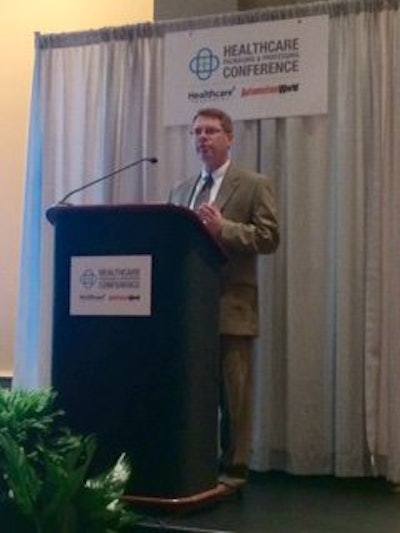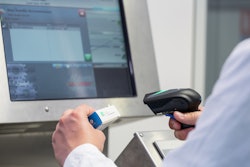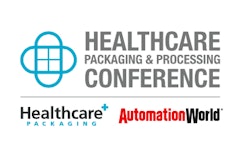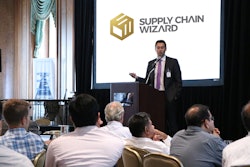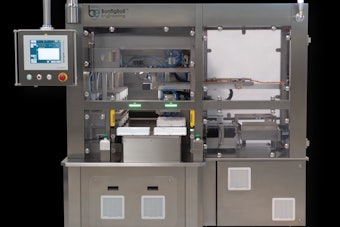As a contract development and manufacturing organization, Patheon provides services to big and small pharmaceutical companies—and packaging is a key part of what it does. Therefore, the company must be able to accommodate the global supply chain and serialization efforts of its clients, regardless of size.
In order to deliver such services, the company has been tackling these issues for some time, and, will have about 25 lines designed and assembled for serialization before the end of this year—with a keen focus on the U.S. and European requirements, said Christopher Howell, Patheon’s Senior Director of Global Engineering and Technology. Howell was presenting at the Healthcare Packaging & Processing Conference this week, co-located with PACK EXPOEast in Philadelphia, where serialization was a major theme.
To ensure its partners are ready for the regulations, Patheon has a core global team, which Howell is responsible for, that provides business management, IT, quality computer system validation (CSV), purchasing, project management, engineering and legal and regulatory services. In addition, a local site team, which supports the clients’ specific requirements, extends to production, engineering and packaging.
The technology underneath the serialization efforts vary from North American and European regions. In North America, TraceLink is used as Patheon’s provider of GS1 Electronic Product Code Information Service (EPCIS), ROC IT Solutions is used for warehouse management and Optel Vision for line level serialization. In the EU, OCS is used for line level equipment and Advanco for warehouse management. And, SAP ERP is used globally for managing the master data.
Howell notes that different vendor solutions are used due to the strength and capabilities of the products in the regions, but in all cases, the company treats its suppliers as partners. And, as a result, the technology is coming together to deliver the right serialization formula for Patheon.
“So far, pilot lines are in place to meet early regulatory requirements and [it enables us to] develop deep expertise for the future,” Howell said.
The pilot lines are a way for Patheon to understand the technology needs of serialization, including integration with OEM equipment, and establish new business processes and standard operating procedures for the new environment. From a business standpoint, they work with clients and touch on all of the different elements needed to be understood and modified, developing a flow diagram, including projecting future processes to scale for larger volumes.
“We have OEE programs in place to monitor the process as we learn and as volumes increase so that we can take lessons learned from each site and share that out in terms of what contributes to line downtime, whether it is equipment or process related,” Howell said. “We also build key vendor partner relationships as we go through this, as we recognize that vendors are core to what we do and the relationships here.”
As far as relationships go, Howell shared his lessons learned on how a contract manufacturing organization (CMO) can work with clients:
-
A multifunctional team is necessary to execute and understand business impacts. The more dedicated the team, the better.
-
Business processes will need to change and the post-serialization process needs to be mapped out.
-
Consolidate your serialization needs where possible.
-
Limit customization and follow GS1 standards.
-
Plan in advance for physical line changes and downtime.
-
Don’t forget the need for master data changes. “Master data is a key part of what we are doing, all of the systems need some level of master data and in some cases it is the same, in other cases it is different. We worked hard to set up a common master data table within SAP to have all of the various needs represented…It is a key part of what we do and I don’t think folks always appreciate that master data is an important part of serialization,” Howell said.
-
Be prepared for changes as clients learn at the same time.
And the biggest piece of advice Howell can offer: “Start sooner rather than later.”
